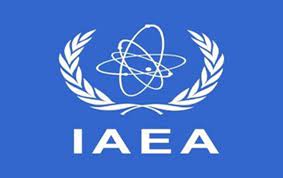A UN nuclear watchdog has approved plans by Japan to release waste water from the tsunami-wrecked Fukushima nuclear plant into the sea. The International Atomic Energy Agency (IAEA) said, the release complies with international standards and will have a negligible impact on the environment. The Fukushima facility is running out of storage space for the water, which was used to cool nuclear reactors.
Japan's plan has been opposed by China and South Korea. IAEA Chief Rafael Grossi released the findings of a two-year safety review today, describing it as impartial and scientific. He also vowed to continue engaging with Japan after the water is discharged.
In 2011, a tsunami triggered by a magnitude 9.0 earthquake flooded three reactors of the Fukushima Daiichi Nuclear Power Plant. It is regarded as the world's worst nuclear disaster since Chornobyl. Over one lakh fifty thousand people were evacuated from an exclusion zone around the plant, which remains in place. Decommissioning of the plant has also started, but the process could take decades.
Japan has not announced a schedule for the release and the plan still needs approval from a regulator. The Fukushima nuclear plant produces 100 cubic metres of waste water daily. Tanks on site can hold 1.3 million cubic meters. Most radioactive elements have been filtered from the water. Tokyo has said the water that will be released into the Pacific Ocean, which has been mixed with seawater, has tritium and carbon 14 levels that meet safety standards.


